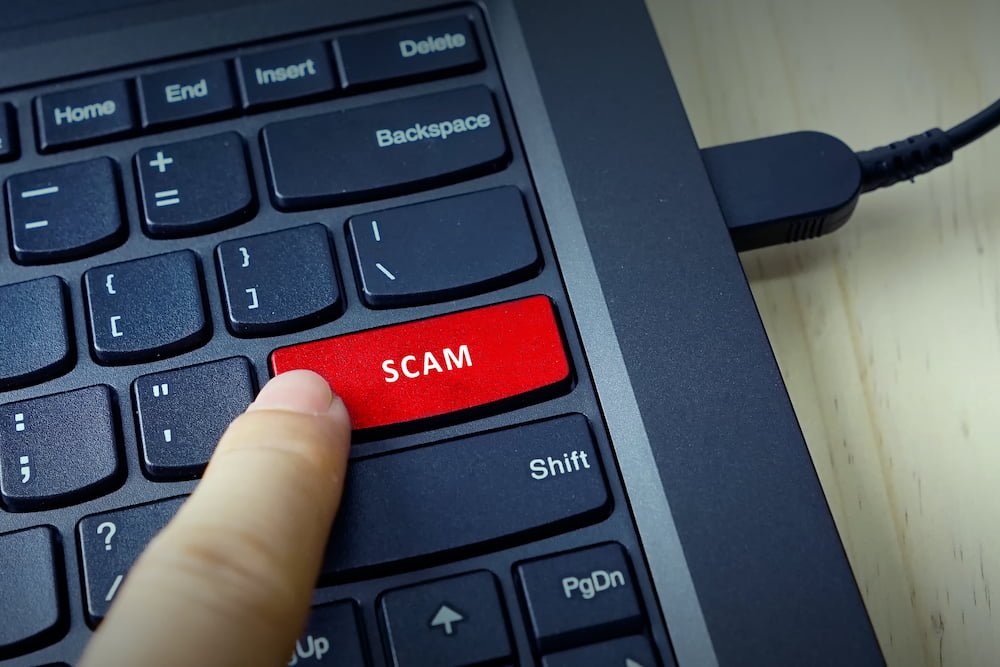
Impostor scams involving fraud and impersonation of the IRS and other government agencies are on the rise. Scammers are now utilizing AI technology to create lifelike videos, images, and voices, enabling them to create more convincing IRS impostor scams aimed at stealing your money or sensitive information.
In this post, we’ll explore the rise of these AI-powered IRS scams and how to protect yourself against identity theft.
What are IRS impostor scams?
IRS impersonation scams come in various forms. One common tactic involves scammers sending cardboard envelopes with letters claiming the recipient is owed an unclaimed refund. These letters use fake IRS contact information to lure victims into a trap.
Scammers also urge people to use fake wage information on tax returns to claim false credits and get bigger refunds. For those who have IRS debts, unethical promoters falsely claim they can settle them for pennies on the dollar through the Offer in Compromise (OIC) program. If you have an IRS debt and receive this type of offer, be aware that it’s probably a scam.

AI enhances scams
The latest development in these scams is the use of AI to impersonate IRS agents. This type of impersonation is no longer confined to email; now, scammers can use AI-powered voice synthesis technology to mimic the voice of an IRS agent, making their calls seem incredibly realistic.
That doesn’t mean email is no longer used. In fact, AI allows scammers to generate convincing phishing emails that appear to be from the IRS. The frightening thing is that these emails may be nearly impossible to recognize as fake.
IRS warnings about impostor scams
The IRS has warned taxpayers to be cautious of unsolicited communications and to verify the authenticity of any contact claiming to be from the IRS. They also urge taxpayers and tax professionals to be vigilant against these scams and schemes.
Tips to protect against IRS impostor scams
The IRS always sends a letter
The IRS will never contact you by phone, email, or text message without first sending you a letter. If you are contacted by someone claiming to be from the IRS and have not received a letter, contact the IRS Impersonation Scam Reporting hotline at 1-800-366-4484. This hotline is specifically for reporting suspected IRS impersonation scams.
Never give up your personal information
Never provide personal information or payment to anyone claiming to be from the IRS without verifying their identity. Ask for the caller’s name, badge number, and callback number. Then, call the IRS directly to verify the caller’s legitimacy.
Be wary of threats or demands for immediate payment
The IRS will never demand immediate payment over the phone, nor will they threaten to involve law enforcement or immigration agents.
Stay aware and share
If you found this post helpful, please share it with your friends and family. Encourage others to be vigilant and cautious when dealing with unsolicited calls or emails claiming to be from the IRS. Together, we can fight back against scammers.




